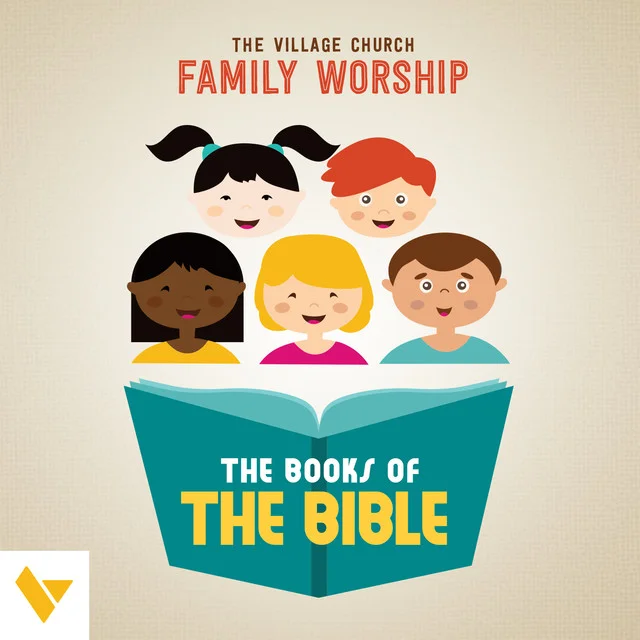3. We Are Evangelical
The word refers to Christians who live by the central and transformational importance of the gospel of Jesus Christ to live and believe in such a way that they will not go beyond or change the truths of God, his world, and his word. So the word evangelical comes with a sincere sense of boundary or barrier in comparison to other beliefs for the purpose of providing certainty of Christ and Christianity.
Though some use the word evangelical for categories like in politics or church denomination, we use it as a historical reference, similarities of beliefs, and relational association to others -- people and churches. For example, though we might not be in one of the Baptist denominations, we affirm various Baptist's beliefs. Therefore, we want to express and explain that our identity and core of who we are comes from being Christian while providing others historical guidance in how people have treated the word 'Christian' throughout history to today's time period.
Just like any other human, churches and church denominations throughout A.D. history wrote, collected, taught, and lived by beliefs. The word had been used in Christian writings since the 1500's to convey that one will not compromise the core truth of God and the gospel with varying beliefs about the Bible, history, or the universe. The Protestant Reformation became a historical time period filled with many people re-evaluating the gospel, God, and the Bible which raised the need to identify differences either among or beyond Christianity. Those writers tried to identify differences to ensure people continued to genuinely learn, trust, and follow Christ. More so, when someone became a 'Christian,' they would understand differences among others who claim to be 'Christian.'
The writers used the word's origin from the Bible's New Testament word for 'gospel' -- euangelion (εὐαγγέλιον). Evangelical then conveys one who carries a message of good news and has biblical beliefs that don't compromise that message. God's good news to the world is Jesus's life, death and resurrection to kill sin and eternally protect people from separation from him. Evangelical then connects the centrality of the gospel to the heart and every day life. Thus the gospel is central to beliefs, life, and thus Christianity.




























